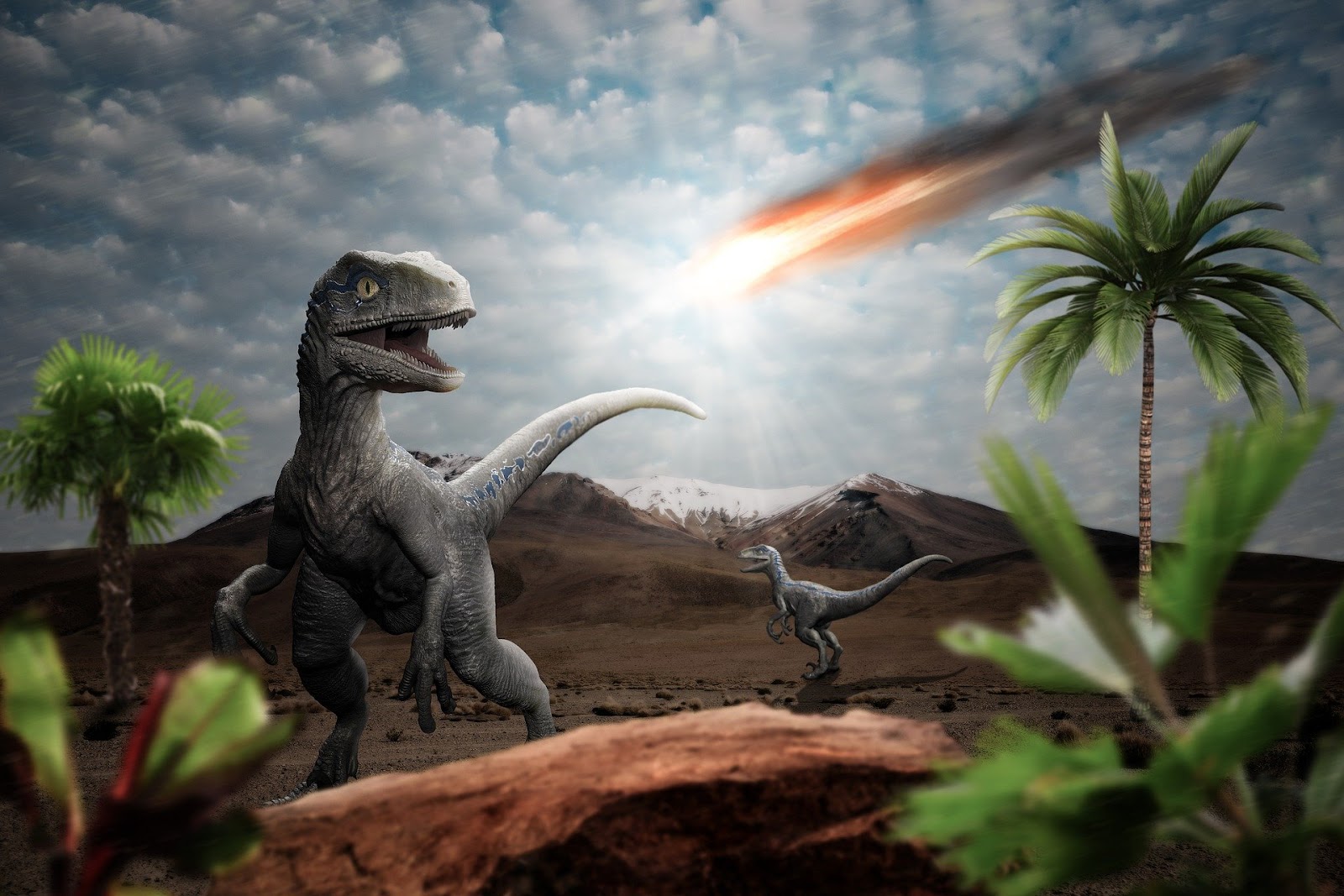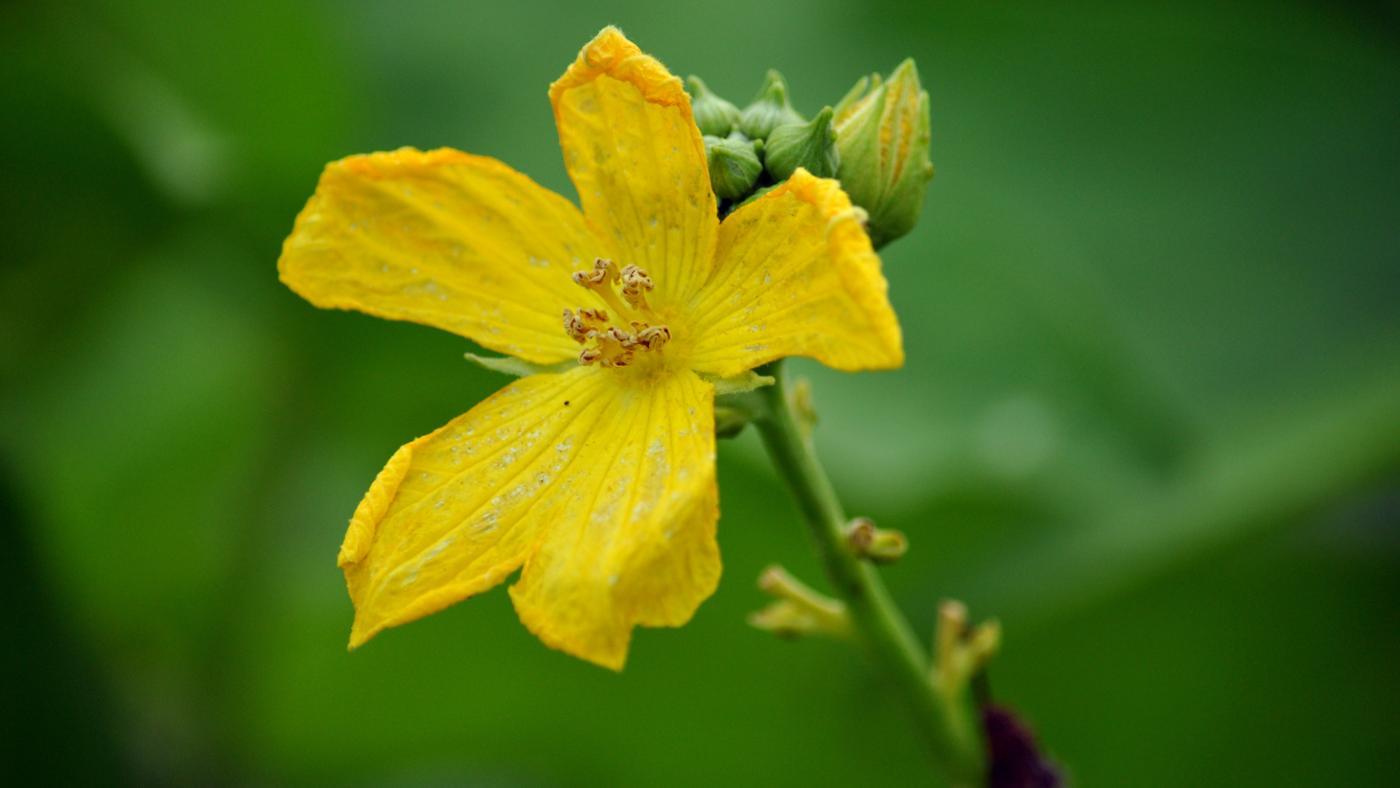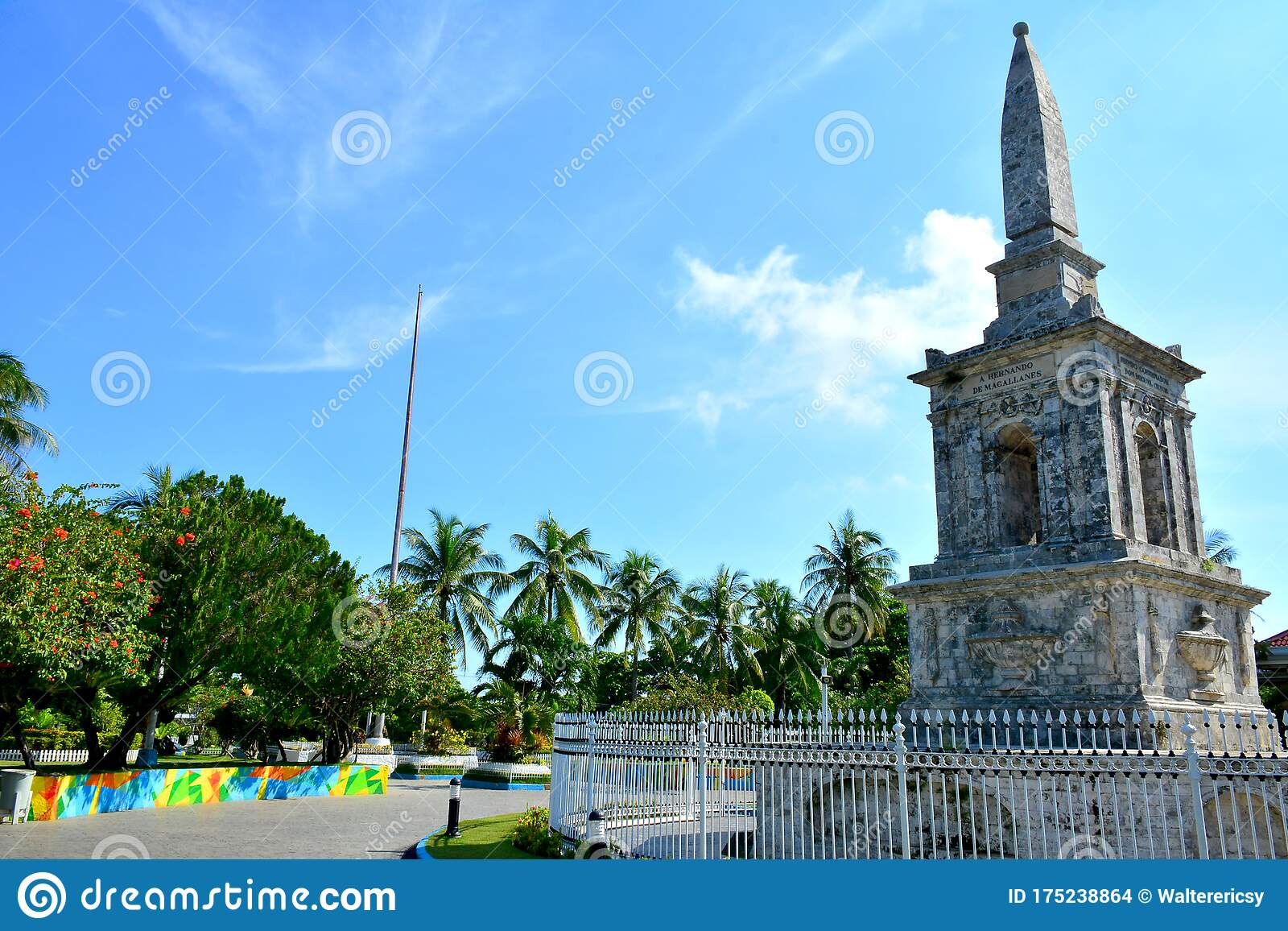what are some benefits of volcanoes
What Are Some Benefits Of Volcanoes?
6 ways volcanoes benefit Earth, our environment- Atmospheric cooling. …
- Land formation. …
- Water production. …
- Fertile land. …
- Geothermal energy. …
- Raw materials.
What are benefits of volcanoes?
Volcanic materials ultimately break down and weather to form some of the most fertile soils on Earth, cultivation of which has produced abundant food and fostered civilizations. The internal heat associated with young volcanic systems has been harnessed to produce geothermal energy.What are 4 benefits of volcanoes?
They helped cool off the earth removing heat from its interior. Volcanic emissions have produced the atmosphere and the water of the oceans. Volcanoes make islands and add to the continents. Volcanic deposits are also used as building materials.
What are the benefits of volcanoes for kids?
The benefits of volcanoes
Volcanic ash provides food for the soil around volcanoes which helps us grow plants to eat. The heat from some volcanoes is used to make energy to power lights, fridges, televisions and computers in people’s houses.
What is the beneficial effect of volcanic eruption?
A long-term beneficial effect of volcanic eruption is its important role in turning the agricultural land of the host locality a lot more fertile. The ash and other materials spewed out by the volcano over the years carry minerals that break down and ultimately increase the richness of the soil.
What are 3 benefits of volcanoes?
Volcanoes can provide people with many benefits such as: volcanic rock and ash provide fertile land which results in a higher crop yield for farmers. tourists are attracted to the volcano, which increases money to the local economy. geothermal energy can be harnessed, which provides free electricity for locals.
What are some positive products from volcanoes?
Precious metals that are often found in volcanoes include sulfur, zinc, silver, copper, gold, and uranium. These metals have a wide range of uses in modern economies, ranging from fine metalwork, machinery and electronics to nuclear power, research and medicine.
What are the advantages and disadvantages of volcanoes?
The advantages (enrich the soil, new land is created, thermal energy, tourist, economy and scenery) and disadvantages (kill people, damage property, habitats and landscapes are damaged) of volcanoes.
Are volcanoes good or bad for the environment?
Volcanic eruptions can be extremely damaging to the environment, particularly because of a number of toxic gases possibly present in pyroclastic material. It typically consists mainly of water vapour, but it also contains carbon dioxide and sulphur dioxide gas.
How do volcanoes affect us?
Fast-moving lava can kill people and falling ash can make it hard for them to breathe. They can also die from famine, fires and earthquakes which can be related to volcanoes. People can lose their possessions as volcanoes can destroy houses, roads and fields.
What are 3 interesting facts about volcanoes?
10 Interesting Facts About Volcanoes- There are Three Major Kinds of Volcanoes: …
- Volcanoes Erupt Because of Escaping Magma: …
- Volcanoes can be Active, Dormant or Extinct: …
- Volcanoes can Grow Quickly: …
- There are 20 Volcanoes Erupting Right Now: …
- Volcanoes are Dangerous: …
- Supervolcanoes are Really Dangerous:
How hot can lava get?
Lava can reach temperatures of about 1,250° Celsius. The lava of the Hawaiian volcanoes reach these temperatures. Normal lava temperatures reach 750° Celsius. That is still much hotter than your oven is capable of reaching.
What are 10 facts about volcanoes?
Top 10 Facts About Volcanoes- Volcanoes are openings of the Earth’s surface. …
- The word volcano comes from the word ‘vulcan’. …
- Volcanoes can be active, dormant or extinct. …
- The liquid inside the volcano is called magma. …
- Lava is the liquid that is expelled from the volcano. …
- Lava is very, very hot!
Is volcanic ash good for skin?
Benefits of Volcanic Ash for SkinAccording to King, volcanic ash “works like clay, to soak up sebum, making it especially helpful for those with oily, acne-prone skin.” … “Volcanic ash is extremely rich in minerals and has antiseptic, antibacterial, and antioxidant properties.
What are the advantages of volcanic eruption Brainly?
Advantages of the volcanic eruptions: 1) Volcanic eruptions help to stabilize the heat of the core part of our planet. 2) Volcanic eruptions also form new land forms after the drying process of liquid lava. 3) The lava ashes are used for different purposes.
What are the advantages of earthquakes?
Advantages of an Earthquake! An Earthquake pushes the land further up, thus helping vegetation flourish. So it is part of shaping the Earth. It also loosens and churnes the soil, allowing nutrients and minerals to be deposited evenly, creating a very fertile soil.
What is the advantage of farming near in places like Volcano?
Farming near a volcano can be really good, because the volcanic soil can produce very good crops. Buildings can be destroyed by lava flow. Ash can destory farm crops. Volcanic regions can produce geothermal energy, which is clean and renewable.
How do volcanoes help the environment?
“It gives us really fertile soils, which are great for farming and crops.” Volcanoes also provide a good environment for the formation of new habitats for animals, plants and insects, she said. Hot springs and geothermal energy are additional benefits.
Do volcanoes have a lifespan?
Volcanoes usually have a life of many thousands of years. Once a volcano has begun to erupt, it usually takes about ten years before that particular eruption comes to an end. Sometimes the eruption lasts for hundreds of years.
What is the effect of volcanic eruption to humans and environment?
Among the hazards in distant areas are the effects of toxic volcanic ashes and problems of the respiratory system, eyes and skin, as well as psychological effects, injuries, transport and communication problems, waste disposal and water supplies issues, collapse of buildings and power outage.
Why is it important to know about volcanoes why should we care?
Why should we care? It is important to know about volcanoes because volcanoes spew hot, dangerous gases, ash, lava, and rock that are powerfully destructive and it can kill you. We should care because if a volcano erupts around where we live, we would know how to protect ourselves from it.
What are some fun facts about volcanoes?
More than 80% of the earth’s surface is volcanic in origin. The sea floor and some mountains were formed by countless volcanic eruptions. Gaseous emissions from volcano formed the earth’s atmosphere. There are more than 500 active volcanoes in the world. See also what is a craton?Why are volcanoes beautiful?
With fiery molten channels that stretch far below the surface, volcanoes connect us to the very core of the Earth. Active or dormant – they resonate with an energy and beauty beyond that of mere mountains.Why do people live near volcanoes?
People live close to volcanoes because Geothermal energy can be harnessed by using the steam from underground which has been heated by the Earth’s magma. … Volcanoes attract millions of visitors around the world every year. Apart from the volcano itself, hot springs and geysers can also bring in the tourists.
Does Obsidian exist?
obsidian, igneous rock occurring as a natural glass formed by the rapid cooling of viscous lava from volcanoes. Obsidian is extremely rich in silica (about 65 to 80 percent), is low in water, and has a chemical composition similar to rhyolite.Can lava melt diamonds?
To put it simply, a diamond cannot melt in lava, because the melting point of a diamond is around 4500 °C (at a pressure of 100 kilobars) and lava can only be as hot as about 1200 °C.Can you outrun lava?
Could I outrun the lava and make it to safety? Well, technically, yes. … Most lava flows — especially those from shield volcanoes, the less explosive type found in Hawaii — are pretty sluggish. As long as the lava doesn’t find its way into a tube- or chute-shaped valley, it will probably move slower than a mile per hour.How old is the oldest volcano?
The oldest volcano is probably Etna and that is about 350,000 years old. Most of the active volcanoes that we know about seem to be less than 100,000 years old. Volcanoes grow because lava or ash accumulates on the volcano, adding layers and height. See also what are some examples of synthetic products made from metal oresIs volcanic ash good for your hair?
It’s touted for its ability to soak up excess oil, exfoliate the skin, and detoxify pores. These qualities are said to make volcanic ash especially helpful in addressing conditions like oily hair and skin, acne, as well as symptoms associated with eczema, psoriasis, and even dandruff.
Is volcanic ash good for acne?
It is also said to be rich in minerals and to hold collagen synthesising properties to leave your skin feeling bouncy and rejuvenated. For those who suffer from acne or breakouts, volcanic ash is thought to be a miracle ingredient for cleansing and unclogging polluted skin.
What is volcanic clay?
What it is: Volcanic ash clay (also known as sodium bentonite clay) is created when volcanic ash mixes with water. The resulting clay contains a combination of minerals that can provide numerous health and skin benefits. It is often referred to as “living clay” because of its rich, natural mineral content.
What are the effects of volcanic eruption Wikipedia?
Volcanic eruptions may inject aerosols into the Earth’s atmosphere. Large injections may cause visual effects such as unusually colorful sunsets and affect global climate mainly by cooling it. Volcanic eruptions also provide the benefit of adding nutrients to soil through the weathering process of volcanic rocks.
What energy comes from volcanoes?
geothermal energy Volcanoes are the main source of geothermal energy.What volcano has erupted recently?
List of large volcanic eruptions in the 21st century| VEI | Volcano (eruption) | Year |
|---|---|---|
| 3 | Volcán de Fuego | 2018 |
| 3 | Anak Krakatoa | 2018 |
| 4 | Mount Sinabung | 2019 |
| 2 | Stromboli | 2019 |





